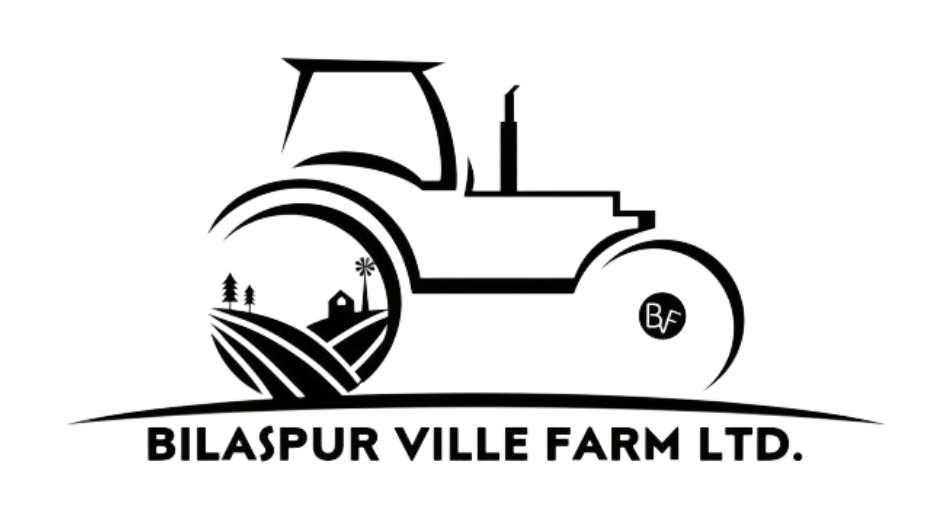In the vast landscape of modern agriculture, Bilaspur Ville Farm stands as a beacon of a different ethos, one deeply rooted in the philosophy of living in harmony with nature. This blog post takes readers on a journey deep into the core of the farm’s principles, where every practice is imbued with a profound respect for the natural world.
At the heart of Bilaspur Ville Farm lies a commitment to organic farming, a commitment that extends far beyond mere agricultural practices. It is a way of life, a philosophy that permeates every aspect of the farm’s operations. The post begins by unpacking the significance of this philosophy, exploring the intricate web of relationships that exist within natural ecosystems.
Organic farming, as practiced at Bilaspur Ville Farm, is not just about growing crops; it’s about nurturing the land, fostering biodiversity, and ensuring the health of the soil for future generations. The post delves into the importance of these practices, explaining how they contribute to the resilience and sustainability of the farm’s ecosystem. By refraining from the use of synthetic fertilizers, pesticides, and genetically modified organisms (GMOs), the farm ensures that its crops are not only free from harmful chemicals but also thrive in an environment that supports their natural growth.
But organic farming is not just about what the farm doesn’t do; it’s also about what it does do. The post highlights the farm’s commitment to sustainable methods that enhance the vitality of its crops and preserve the natural balance of the environment. From crop rotation to composting, every practice is carefully designed to work in harmony with nature, rather than against it. By harnessing the power of natural processes, the farm is able to cultivate healthy, resilient crops while minimizing its impact on the surrounding ecosystem.
One of the key pillars of organic farming is soil health, and Bilaspur Ville Farm takes this aspect very seriously. The post explores the farm’s efforts to enrich the soil through traditional farming techniques, such as cover cropping and mulching, which help to retain moisture, prevent erosion, and promote the growth of beneficial microorganisms. By nurturing the soil in this way, the farm ensures that it remains fertile and productive for years to come, laying the foundation for a sustainable future.
But perhaps the most compelling aspect of Bilaspur Ville Farm’s philosophy is its emphasis on biodiversity. The post delves into the importance of biodiversity in maintaining a healthy ecosystem, explaining how it helps to regulate pests and diseases, improve soil fertility, and enhance resilience to environmental stresses. By promoting biodiversity on the farm, through practices such as intercropping and agroforestry, the farm creates a rich tapestry of life that not only supports its crops but also provides habitat for a wide range of beneficial organisms, from pollinators to predators.
Throughout the post, engaging storytelling and insightful commentary bring the farm’s philosophy to life, painting a vivid picture of the intricate dance between humans and nature that unfolds on its fields every day. Readers are invited to immerse themselves in the sights, sounds, and smells of the farm, to feel the soil between their fingers and to witness the wonders of the natural world up close.
In conclusion, this blog post offers readers a deeper understanding of why harmony with nature is at the core of Bilaspur Ville Farm’s ethos. It explores the farm’s commitment to organic farming practices, its dedication to nurturing the land and fostering biodiversity, and its unwavering belief in the power of sustainable agriculture to create a better, more resilient future for all. Through compelling storytelling and insightful commentary, readers are inspired to join the farm on its journey towards a healthier, more sustainable world.




